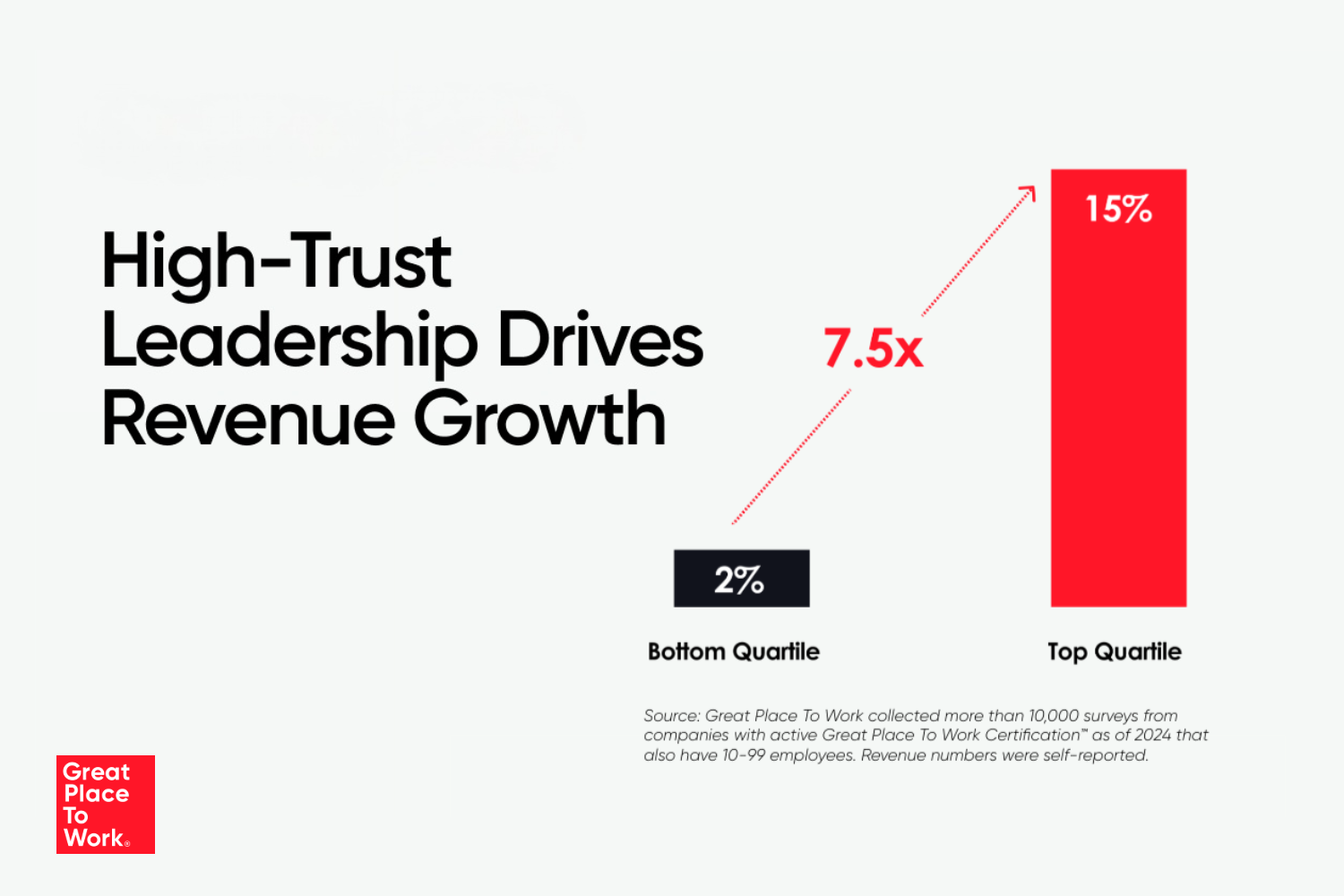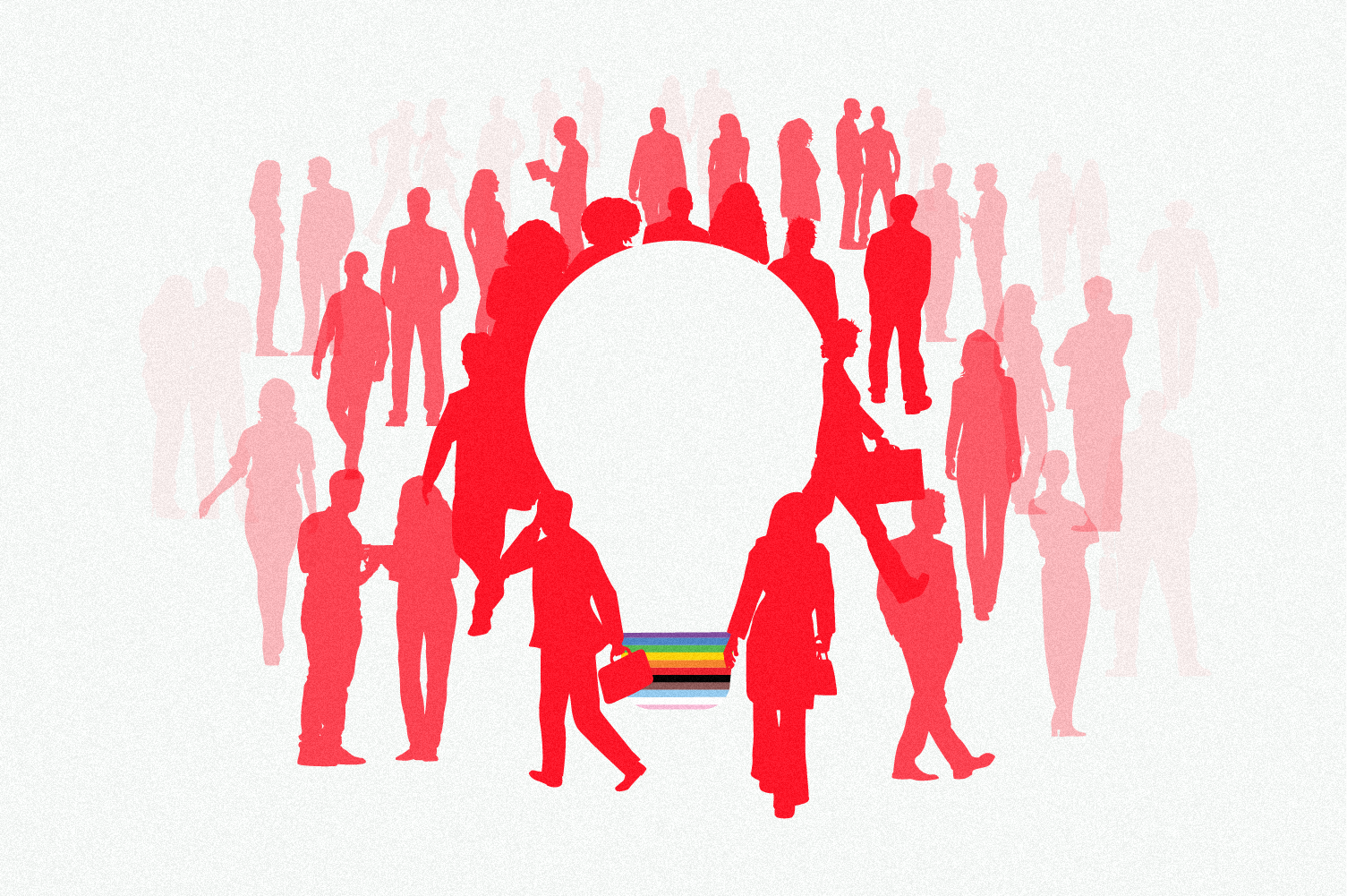DEIB, Diversity & Inclusion, Employee Experience, LGBTQ+
PwC shares how to make workplaces more inclusive for all workers.
The experience of transgender employees in a typical company leaves a lot to be desired.
In a recent study from BCG of more than 2,000 transgender or gender nonconforming (TGNC) employees around the world, fewer than one-third reported being fully “out” at work.
When asked why they didn’t feel they could bring their full selves to work, TGNC employees’ answers followed familiar lines. They said they wanted to separate their private and professional lives or are worried about negative reactions from clients and co-workers.
Almost all TGNC employees reported experiencing at least some form of aggressive behavior in the workplace, including having coworkers gossip about their identity, ask invasive or inappropriate questions, or openly exclude them from the majority group.
These experiences have consequences for businesses. More than two-thirds (67%) of U.S. TGNC employees surveyed said they have not applied for a job where the culture doesn’t appear inclusive.
Companies that don’t offer a safe, inclusive, and welcoming environment to all identities are missing out on the opportunity to hire the best people to achieve their business goals.
Making benefits inclusive
PwC, No. 30 on the 2023 Fortune 100 Best Companies to Work For® List and No. 7 on the 2023 PEOPLE® Companies that Care List has increased benefits for transgender employees, a move it says has made the company more inclusive and helped retain LGBTQ+ talent.
“Access to these kinds of benefits can change peoples lives,” says DeAnne Aussem (she/her), well-being leader, U.S. and Mexico at PwC.
PwC covers up to $75,000 of medical costs for specific procedures related to gender-affirming care.
“Because of the stress of transitioning, emotionally and physically, the financial support from an employer makes a huge difference,” Aussem says.
Other benefits that PwC has made more inclusive include surrogacy and adoption benefits, sabbaticals, and more.
Creating safe space
Great Place To Work research shows that when employees can’t bring their full selves to work, trust across the organization suffers.
In a survey of almost 4 million employees, one in eight declined to share one or more aspects of their identity, such as gender identity. For every 10% of a company’s employees that chose not to share their identity, there was a six-point decrease in overall levels of trust, pride, and camaraderie.
At PwC, efforts to help transgender employees share their full selves involve careful communication and coordination with SHINE, PwC’s LGBTQ+ employee resource network.
“We do a lot of story sharing,” says Aussem. “When stories move us, they compel us differently.”
For Trans Day of Visibility, SHINE held an event where transgender, and gender-nonconforming voices were highlighted, offering the whole organization an opportunity to listen and learn. Just that simple activation can be powerful for employees who might feel under attack in a wider cultural context.
“Trans people just want to exist,” says Bailey Dobbs (they/them), associate, consulting solutions at PwC. “They want to be believed, validated and loved.”
PwC actively monitors how its people report their identity on surveys.
“Folks can self-identify, and when they share that information about their identity, the organization is better able to offer support,” says Aussem. “PwC was proud of a 2% increase in people who self-identified according to a number of designations: LGBTQ+, disabilities, veteran status.”
“Be present without judgement, without wanting to solve somebody’s issue.” - DeAnne Aussem, well-being leader, U.S. and Mexico, PwC
Moving from awareness to action
What should employers consider to transform their organizations into welcoming workplaces for all identities?
Aussem and PwC shared four tips:
1. Live out your values.
“Part of our core values is ‘care’ and our culture of belonging,” says Aussem. An authentic commitment to those values is what directed efforts to highlight the experience of transgender employees and increase benefits for these employees.
2. Make sure you are listening.
“It’s such an undervalued skill,” says Aussem. She advises asking your employees: “What kind of support from me would be helpful to you right now?”
“Trans people just want to exist. They want to be believed, validated and loved.” - Bailey Dobbs, associate, consulting solutions, PwC
3. Create space for authentic sharing.
The journey for TGNC employees is rarely linear, and employers should embrace as much flexibility as they can.
"I had many misconceptions about trans people prior to figuring out who I am,” says Jessica Slutsky (she/her), director, trust solutions at PwC. “It's important for everyone to see trans people no different than anyone else — we have hopes, dreams, fears, failures, and successes. Being born in the wrong body is not something I chose, and it has no bearing on any of my identities including professional, religious, or sexual orientation."
Aussem recommends organizations and their leaders lean in with curiosity.
“Be present without judgement, without wanting to solve somebody’s issue,” she says.
4. Shift from awareness to active empathy.
Once you have the data, you need to take action, Aussem says.
When any group of employees takes the time to share their experience with their employer, there is a responsibility to respond. When PwC heard from transgender employees about the burden they faced transitioning, they responded by increasing support for medical care.
“You can’t assume anything about their experience, but rather must ask for their input,” says Aussem.
For allies, active empathy can include actively sharing pronouns when meeting a new group of colleagues.
“Being trans can feel heavy at times – and there are simple things others can do to show support,” says Min Matson (he/him), director, consulting solutions, workforce transformation at PwC. “Including pronouns in signatures, for example, or sharing them during introductions are a big deal. For me, it’s a form of my own coming out, no matter how many years it’s been since my transition — and when others respect my pronouns and share their own, the world feels that much more welcoming and safe.”
Learn what your employees need
Get the data behind the employee experience at your workplace and benchmark your efforts against the best companies in the world.











